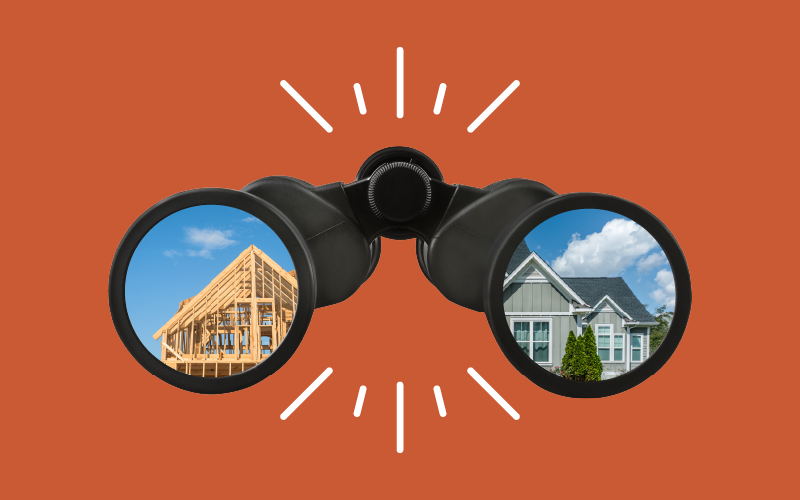Industry Trends
Marketing Insights

Written By
Annie Crockett
Brand Strategy Coordinator
The 2025 holiday season is shaping up to be less about flashy deals and more about thoughtful choices.
Consumers have become increasingly discerning as they’re forced to balance personal priorities with economic pressures — a mindset that extends beyond retail and into professional purchasing decisions, including in the home and building industry.
In 2024, consumer holiday spending grew to a record $994.1 billion, and the National Retail Federation expects this year to top the trillion-dollar mark for the first time. Yet, underlying that record projection is a more strategic, selective shopper — one facing economic uncertainty, inflation fatigue and cost-of-living pressure.
As a result, holiday shoppers are expected to prioritize essentials, stretch budgets and hunt harder for deals. And while this mindset may seem rooted in retail, it carries powerful implications for B2B marketers. After all, your B2B customers are also consumers. Their personal spending habits, values and cautious approach are increasingly influencing how they evaluate products, services and partnerships at work.
From changing spending priorities and evolving sales cycles to shifting discovery channels, several trends are emerging that can help B2B brands adjust their strategies and connect more effectively with today’s value-conscious decision-makers.
Let’s look at what’s driving these shifts and how your brand can respond.
The New Rules of Holiday Spending
According to Zeta’s Holiday 2025 Retail Marketing Guide (gated), only 33% of U.S. consumers plan to spend more than $1,000 on gifts this year, down from 45% in 2024. Furthermore, nontraditional gifts — such as gas cards, grocery cards and memorable experiences — are expected to make up the majority of holiday purchases this season.
Consumers are trading “more” for “meaning.” They’re buying fewer things, but with greater intentionality — this includes a growing demand for products that are sustainable or ethically sourced.
Strategic Takeaways for B2B Brands
Shift Messaging From Want to Need: As consumers prioritize necessity and purpose, align messaging around meaningful outcomes, not just products. Frame home improvements and building materials as investments in well-being, security or long-term comfort, not just aesthetic upgrades.
Promote Longevity and ROI: Highlight cost savings, efficiency and durability. Position your product as the smart, sustainable choice that supports both immediate needs and long-term value. Promote repair, maintenance and energy-efficient upgrades as part of a “use what you have wisely” mindset.
The Decline of the Doorbuster
Once considered the pinnacle of holiday spending, consumers are finding Black Friday and Cyber Monday sales events less compelling. Shoppers no longer camp out for good deals and instead expect “earlier deals, better personalization, and value that extends beyond a 24-hour flash,” according to Zeta.
With just 26 shopping days between Black Friday and Christmas this year, purchasing behaviors are diverging: 20% of consumers plan to start during Cyber Week, while 29% will wait until the final week before Christmas. That means nearly half are buying now — and they’re looking for relevance, not noise.
Strategic Takeaways for B2B Brands
Sustain Visibility Without Fatigue: Keep your brand top of mind by maintaining a steady, strategic presence across channels. Mix up your approach with varied, audience-specific messaging, from thought leadership that builds trust to value-driven offers that inspire action.
- Reward Early and Loyal Buyers
Offer early bird incentives for clients who sign contracts for 2026 projects.
Create value-added packages (e.g., smart-home tech bundles or bonus design consultations).
Enhance loyalty programs with tangible perks, such as preferred pricing, expedited service or exclusive training.
Personalize outreach based on project types, budgets or purchase cycles.
Strengthen Your Supply Chain Story: Communicate early with suppliers, lock in production schedules and share your reliability story with customers. Reliability is value — and this season, that’s what buyers are chasing.


